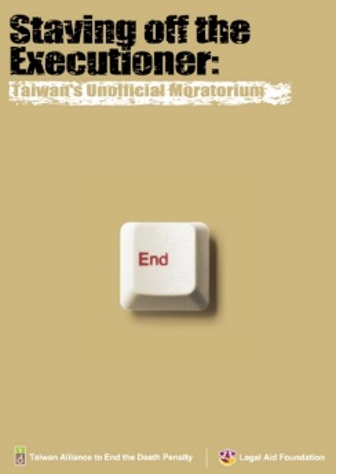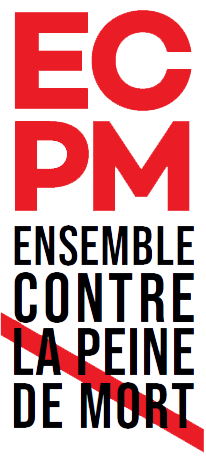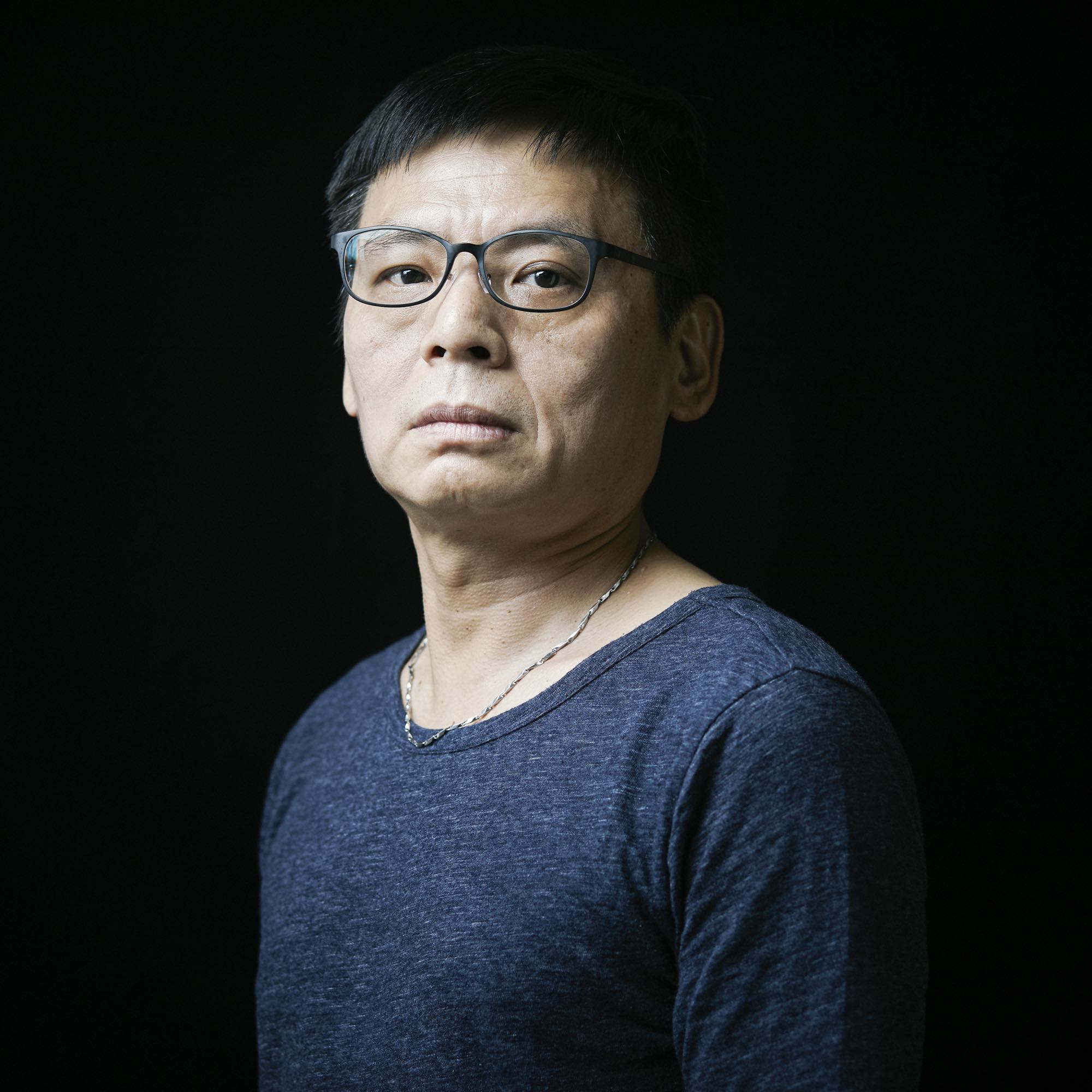07
HSU TZU CHIANG
TAIWAN
Hsu Tzu-chiang
16 ans en prison dont 12 dans le couloir de la mort
Libéré en 2012
Condamné à mort en 2000 pour l’enlèvement et le meurtre d’un businessman, Hsu Tzu-Chiang s’est vu infliger la peine capitale par six procès consécutifs. Sa peine est ensuite commuée en prison à perpétuité. En 2016, il est finalement innocenté lors de son 9e procès, après seize ans passés en prison. Son cas a eu un impact très fort sur le système judiciaire à Taïwan par sa forte médiatisation et son injustice probante. Il travaille aujourd’hui pour la Judicial Reform Foundation.
Environ 180 personnes ont été exécutées à Taiwan pendant ses années de détention. Même si le nombre d’exécution a fortement baissé depuis le milieu des années 2000, Taiwan continue de condamner à mort et d’exécuter. Fin 2020, 49 personnes se trouvaient encore dans le couloir de la mort. La même année, le gouvernement a publié de nouvelles directives concernant le processus d’exécution qui se fait par fusillade. Désormais, les condamnés à mort ont le droit d’organiser une cérémonie religieuse de leur choix avant leur exécution et les bourreaux ont le droit d’obtenir une aide psychologique, reconnaissant implicitement les répercussions de la peine capitale sur toutes les personnes concernées. L’Asie et le Pacifique figurent parmi les régions qui recourent le plus à la peine de mort, avec une proportion d’États rétentionnistes à 54% contre 28% à l’échelle mondiale. L’Asie serait le continent où le plus de condamnés à mort sont exécutés, sans pour autant pouvoir établir un nombre précis. En effet, les données concernant l’application de la peine de mort en Chine, au Viêt-Nam et en Corée du Nord étant classées secret d’État, il est estimé que des milliers de personnes y seraient exécutées chaque année.
Hsu Tzu-Chiang a été condamné à mort sur la seule base du témoignage de ses coaccusés, alors qu’il avait un alibi, que l’accusation et les juges ont refusé de retenir. Grâce à un recours en interprétation déposé par ses avocats, la cour constitutionnelle a jugé en 2003 qu’une personne ne pouvait être condamnée sur la seule base d’un témoignage, en vertu de la présomption d’innocence. C’est ainsi que Hsu a pu voir son affaire jugée à nouveau. Il a été libéré en 2012 en vertu du Fair and Speedy Criminal Trial Act qui interdit la détention d’une personne au-delà de 8 ans sans condamnation. Mais il attendra 2016 pour être définitivement acquitté. Hsu poursuit aujourd’hui son combat pour les autres innocents en prison. Il se dit très frustré à l’égard du système judiciaire, et des juges en particulier. Il souhaite de profondes réformes judiciaires pour pallier tous les problèmes qui affectent l’ensemble du système, mais insiste sur le problème majeur des juges qui, selon lui, refusent d’admettre leurs erreurs.
- livre

Staving off the Executioner: Taiwan’s Unofficial Moratorium
Auteur : Celia Llopis-Jepsen
Éditeur : Taipei Times
Date de publication : 2009
Ce livre raconte l’histoire de la façon dont l’exécution de Chong De-shu a été stoppée, contre toute attente, par des avocats taïwanais et des employés d’ONG qui ne pensaient pas que c’était possible, mais n’étaient pas prêts à abandonner. C’est une source d’inspiration pour les abolitionnistes du monde entier qui peuvent se sentir confrontés à des obstacles insurmontables. C’est aussi une réflexion plus générale sur le débat sur la Constitutionalité de la peine capitale.
Cet ouvrage traite de l’opposition publique – et même des menaces – auxquelles les abolitionnistes locaux ont été confrontés dans la lutte pour Chong et d’autres condamnés à mort et met en évidence les failles de l’application de la peine de mort à Taïwan, notamment le manque de représentation légale des accusés dans les affaires de peine de mort lors de leur procès, et craint que la peine de mort ne soit appliquée pour d’autres crimes que les crimes les plus graves. Le livre soutient que Chong ne mérite pas la peine de mort et appelle à des garanties plus solides pour les droits des condamnés à mort et des accusés dans les affaires de peine de mort.
- vidéo
- podcast
Podcast sur la peine de mort à Taiwan réalisé par une association taiwanaise pour l’abolition et l’association « Death Penalty Project »
- quiz


